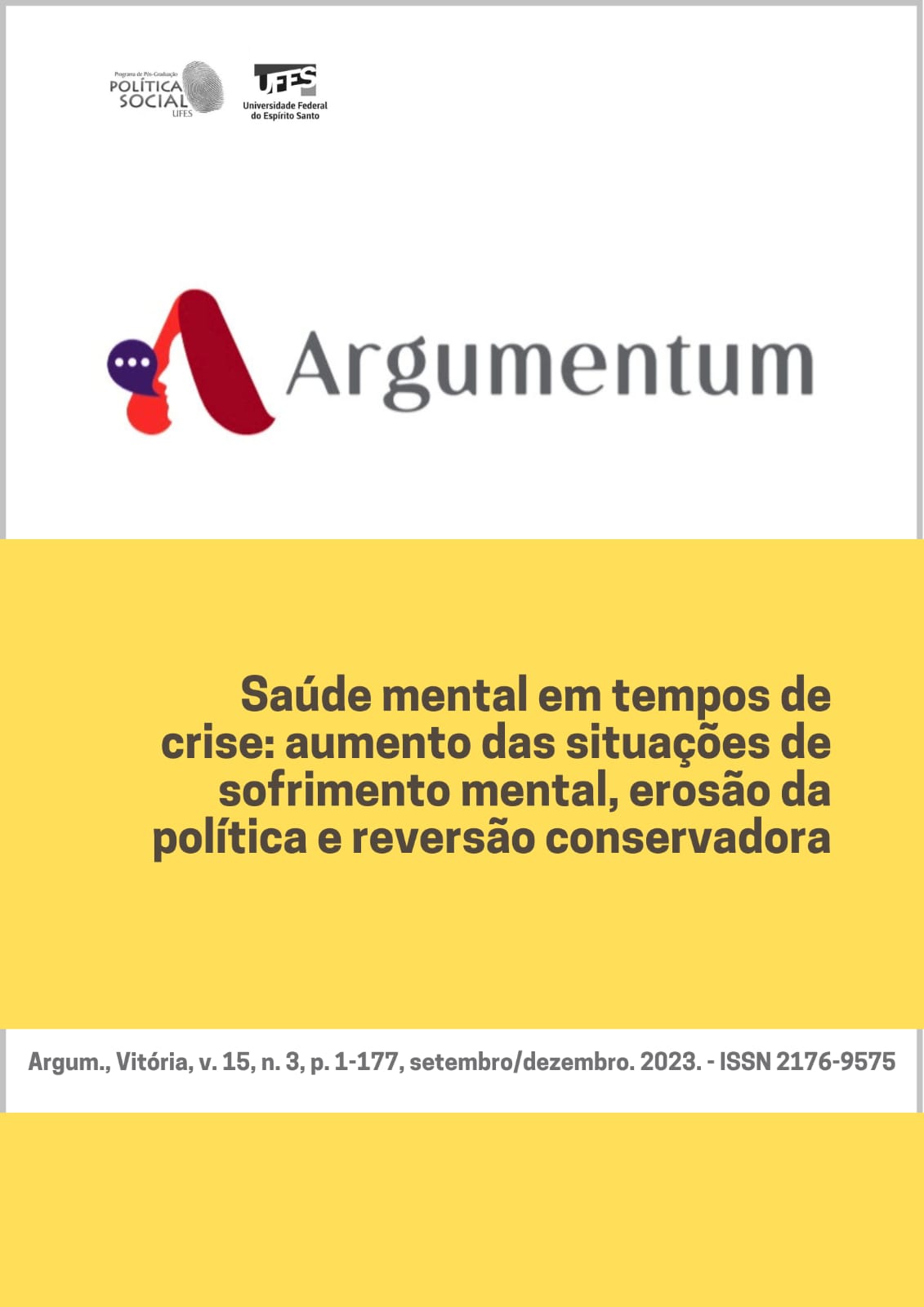Capitalism, coronavirus, and mental suffering
Abstract
The COVID-19 pandemic that has ravaged the globe since early 2020 has combined mental health stressors that have been studied before in other disasters, but which have never been seen consolidated in one global crisis. So, for example, there is research on how humans cope with quarantine, mass disasters and ongoing stressors but not on all three. What is clear, however, is that this is not simply a ‘natural’ disaster. The manner in which this pandemic originated, the ways in which it has spread, and the degree of death and devastation which it has wrought upon communities across the globe have all been shaped by far from natural factors such as global capitalism’s relentless drive for profit, the ways in which national governments have responded (or failed to respond) to the spread of the pandemic and the impact of existing divisions and inequalities on rates of infection and death. This applies no less to the short-term and long-term impact of the pandemic on mental health. Mainstream psychiatric approaches which focus on diagnosis and treatment can lead to medicalising or pathologizing what are essentially normal human reactions to traumatic events and to individualising responses to what is in essence a collective and structural crisis. That shared collective experience allows for the possibility of a collective political response, a response which both challenges those responsible for so many avoidable deaths and which also, through promoting a sense of political agency and solidarity, challenges the feelings of powerlessness, shame and isolation associated with mental distress.
Downloads
Published
How to Cite
Issue
Section
License
Copyright Transfer Agreement
As a condition for submission, the authors must agree with the Copyright Transfer Agreement, by checking the box after reading the clauses.
The author(s) (hereinafter "AUTHOR") hereby agrees to transfer, without any financial compensation, the property of copyrights regarding Argumentum, a journal of the Postgraduate Program in Social Politics (Programa de Pós-graduação em Política Social), Federal University of Espírito Santo (Universidade Federal do Espírito Santo) - Av. Fernando Ferrari, 514 - Goiabeiras 29075-910, Vitória (Brazil), (hereinafter "ARGUMENTUM"), according to the following terms and conditions:
1. I am aware of the terms of "Care Ethics Research Guide" described in the Policies section.
2. AUTHOR warrants to be the writer and copyright holder of the WORK submitted.
3. AUTHOR declares that the WORK does not infringe the rights of third-parties; that the distribution of images (if existent) was authorized; and that AUTHOR assumes total moral and property responsibility for their content.
4. AUTHOR agrees to transfer all the copyrights concerning the WORK to ARGUMENTUM, especially the rights to edit, publish, translate into another language, and reproduce it through any process or technique. ARGUMENTUM becomes the exclusive owner of the rights regarding the WORK, and any total or partial reproduction, in any other medium, printed or electronic, is strictly forbidden without prior written consent by ARGUMENTUM.
5. The copyright transfer is unpaid and, therefore, there will be no monetary compensation whatsoever by ARGUMENTUM in order to use the TEXT.

